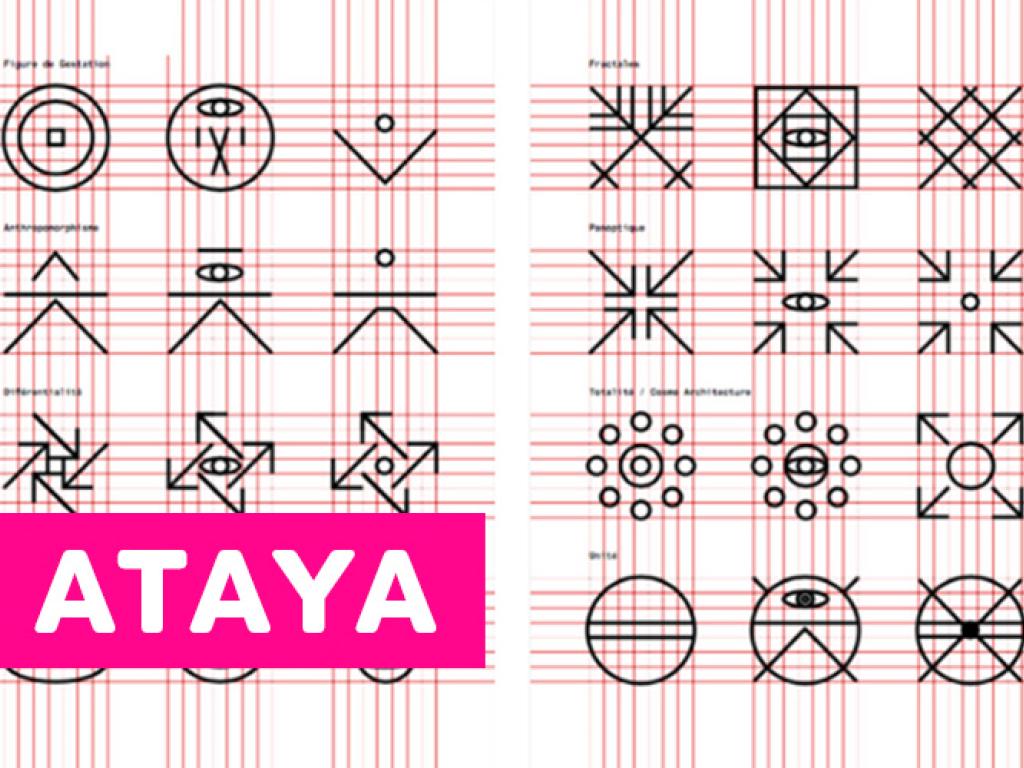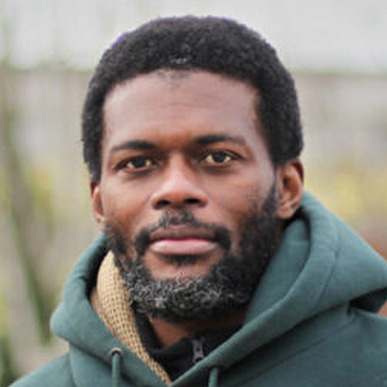Sénamé Koffi Agbodjinou: Decolonising the future


Ataya: HUMA Interdisciplinary Seminar Series

Project/Paper: Please see Sénamé's website sename.lafricaine.org
Bio: Born in 1980 in Lomé, Togo, Sénamé Koffi Agbodjinou is an architect and anthropologist by training, with interests embracing fields as diverse as sustainable design and architecture, integrated digital transformation, the collaborative economy, and the maker movement. A promoter of 'neo-vernacular' thought, he is the creator of L'Africaine d'architecture, a platform for experimentation around African architecture and the city, and WoeLabs, a network of Togolese tech-hubs whose ambition is to 'make everyone equal before technology'. His #LowHighTech concept was created to highlight connections between hacker ethics and those of traditional societies and to consider original approaches to innovation. As a curator and scenographer, he has designed various installations and exhibitions, including at the headquarters of the European Parliament and the German pavilion of the Venice Architecture Biennale. Sénamé is a candidate for the presidential elections of Togo in 2025 with a program known as the abolition of the presidential function.
Topic: Sénamé Koffi Agbodjinou will be presenting work from his current project on ‘Decolonising the Future’: in a world that is being reconfigured by the digital society, perhaps the only certainty now concerning the future is that it seems to favour the installation of a new imperialism. But this is no longer only an unprecedented encroachment on the idea of quantifiable territories but a threat to the integrity of reality itself – to the extent that the means for evaluating the effects of this imperialism could be corrupted. How can we identify the ways of refusing the extension of the market’s hold on the real? Sénamé offers a response through the power of transversal and prospective mythologies of new times. These practical cosmologies, some of them computerised, are important today as founding fictions, channels for refocusing and mobilising energies. He indicates the resources of the imagination, and an African power of resistance to derealisation, which could singularly borrow from ‘primitives’ while refounding a ‘dwelling’ - in the Heideggerian sense of dwelling as “remaining enclosed in what is related to us”.